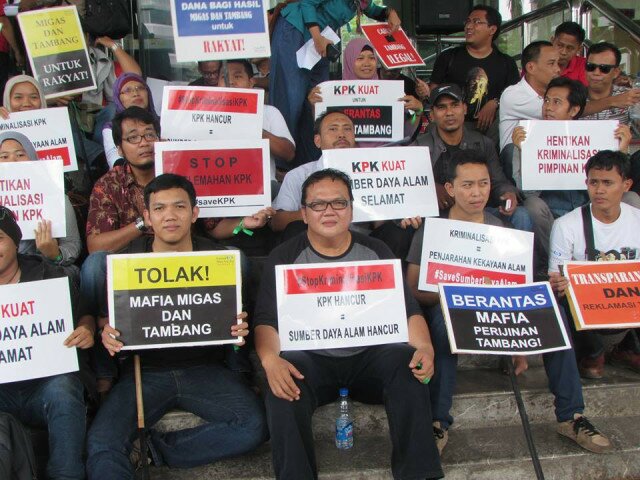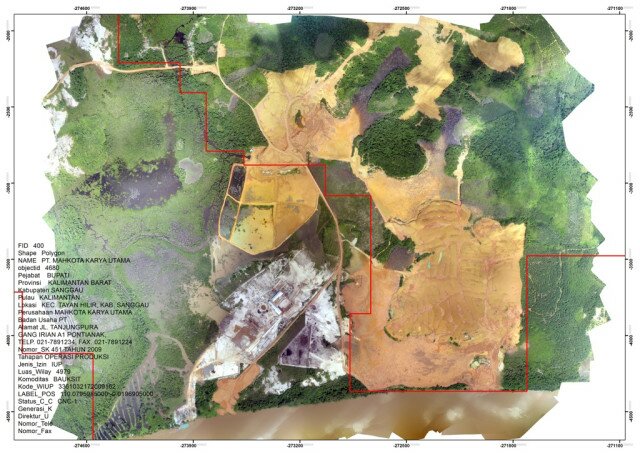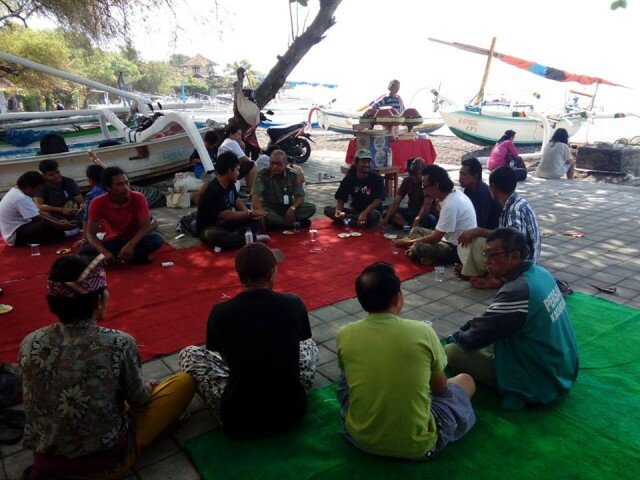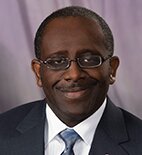Smart Chicago Collaborative guest blogger Jensi Sartin is a YSEALI State Department Fellow from Indonesia. He is working with the Smart Chicago Collaborative for a month to gain experience in Chicago’s public, philanthropic, and nonprofit sectors — especially on digital issues.
Rising incomes in populous Southeast Asian countries plus plunging smartphone prices have created an Internet boom. It is estimated that there will be 190 million smartphone users in Southeast Asia by end of 2015. By the end of 2019, that number will be over 340 million! In my country of Indonesia we have the most mobile Facebook users in the world and the capital capital city, Jakarta, has more active Twitter users than any other city in the world.
This digital advancement affects the public, including citizens’ relationship with and communication with government. In Indonesia, you can tweet directly to the governor and, even if it’s an angry tweet, you’re sure to get reply or a retweet. The public also uses online petitions like Change.org to spread awareness or even force government to shift positions on policies. We’ve even found that using apps and crowdsourcing can help crackdown corruption in the government.

Organizing rally urging government to eradicate corruption and promote more meaningful transparency in the mining sector.
Despite the fact that Indonesia’s Internet quality is poorer compared to its Southeast Asian neighbor nations, most government agencies have at least two digital channels: a website and a social media account. Some agencies have even created digital platforms for e-Procurement, e-Budgeting, e-Tax, and many more “e-somethings”. For instance, the city of Jakarta, famous for its bad traffic jams, is using social media to make the city more livable.

Environmental damage by a mining company found by combining images from drone mapping with a government map on existing mining concession (the white color area is a lake that has been used to wash bauxite from soil)
Civic advocacy is also adopting technology in its work. Following the progress of Open Government Partnership and Indonesia’s Freedom of Information Law, a number of projects were launched to promote open data. Civic apps and websites were created to solve problems that are either rarely or inefficiently addressed by government. For instance, KawalPilkada is an app that educates the public on provincial and city-level elections. Also, a local anti-corruption organization launched opentender.net to crosscheck the procurement process in the government projects.

Community brainstorming with fishermen, the marine tourism operators, and government to develop a joint-program to manage fisheries and marine tourism in the area. This region in east of Bali is one of main tourism destinations that is threatened by the increasing impact of climate change.
Have all these “e-somethings” improved public service delivery in Indonesia or have they simply spread the “you are not cool if you don’t have Twitter” feeling? Unfortunately, this question is rarely addressed. The most important thing in this work should be user (or expected user) opinion and experience. It’s about the people that use the technology! A people-focused organization, set of methods, and best practices should be established to ensure that new digital tools truly improve public life.
I think this might look like a Smart Chicago Collaborative model in Indonesia with missions in Internet access (like Connect Chicago), in digital skills and education (like Smart Health Centers), and in user-focused tools (like the CUTGroup). This is why I’m here in Chicago — to learn more about the Smart Chicago model and see how I can apply it to districts in my country!
To learn more about me and follow my work, follow me on Twitter.

Jensi Sartin is a YSEALI Professional Fellow for Legislative and Governance Process of Department of State and he is hosted by American Council of Young Political Leaders. YSEALI is President Barack Obama’s signature program to strengthen leadership development and networking in Southeast Asia. Based in Indonesia, Jensi serves as a program development manager of Publish What You Pay Indonesia’s efforts to promote transparency and accountability in government especially related to governance of extractive sector (i.e. oil, gas, coal, mineral, forestry industry, etc.). He also provides Reef Check Indonesia with research and advisory support. Jensi holds a Master’s degree in Natural Resources Management from the James Cook University Australia and a Bachelor’s Degree in Marine Sciences from Diponegoro University.







 Today
Today The Smart Chicago Collaborative is hiring an administrative assistant to help us support our work.
The Smart Chicago Collaborative is hiring an administrative assistant to help us support our work.